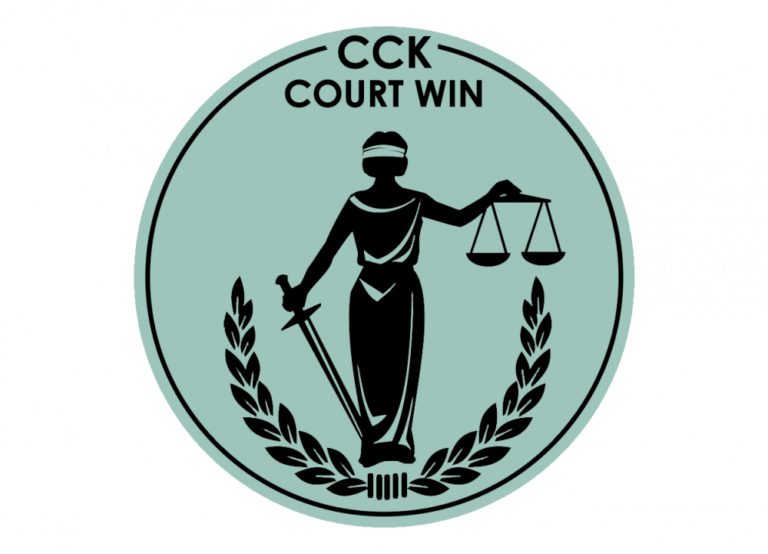BVA erred in its denial of Veteran’s increased rating claim for headache condition

CCK Law: Our Vital Role in Veterans Law
Summary
The Veteran served on active duty in the Army from February 2000 to June 2000 and from March 2002 to April 2006. He served in Kuwait and Iraq. During service, he developed a migraine headache condition which continued after discharge. In November 2006, VA granted service connection for chronic headaches with a non-compensable rating, effective May 1, 2006. Over the next five years, the Veteran underwent two VA examinations. He also testified at a hearing before the Board of Veterans’ Appeals.
Board denied increased ratings for headache condition
The Veteran appealed the November 2006 decision to the Board. He argued that his headaches were causing problems with his work and daily life. The Board remanded the claim in March 2012. The following January, VA increased the rating for chronic headaches to 10%, effective May 15, 2012. In June 2016, the Board denied a compensable rating for headaches prior to May 13, 2008. It also granted a rating of 30%, but no higher, for the period beginning on that date.
CCK appeals to the Court
CCK successfully appealed to the Court the denial of increased ratings for the Veteran’s service-connected headaches. In its decision, the Board determined that the Veteran’s headaches did not meet the criteria for a 10% rating prior to May 13, 2008. Although the Board granted a rating of 30% beginning on May 13, 2008, it determined that a 50% rating was not warranted.
CAVC agrees with CCK’s arguments
CCK argued, and the Court agreed, that the Board provided inadequate reasons or bases for denying ratings in excess of 10% prior to May 13, 2008, and 30% thereafter. The Court held that the Board’s failure to define the term “prostrating” frustrated its review of the decision. Specifically, the Court did not know what the Board understood that term to mean. The Court further agreed with CCK that the Board failed to correctly apply the Court’s decision in Pierce v. Principi. The Court set aside the Board’s decision and remanded the issues of entitlement to ratings in excess of 10% prior to May 13, 2008, and 30% thereafter. On remand, the Board must define the term “prostrating.” It also must follow the law set out in Pierce, and provide an adequate statement of reasons and bases that makes it clear the law has been followed.
About the Author
Share this Post
